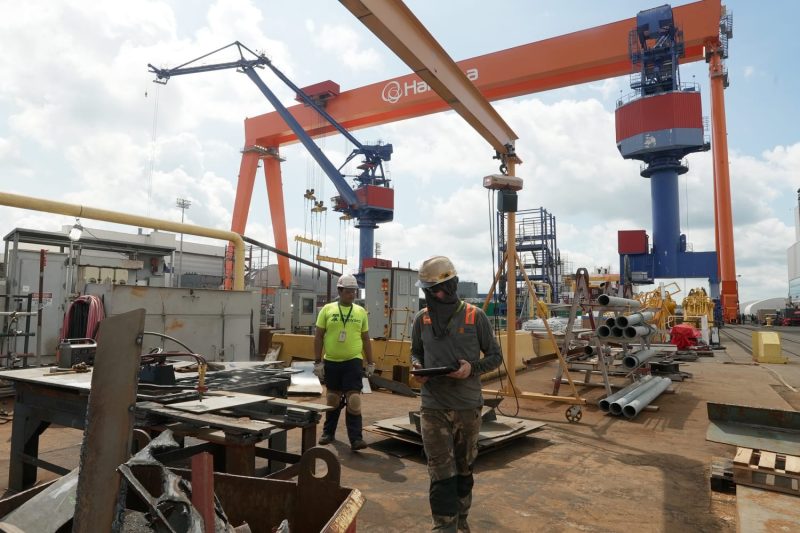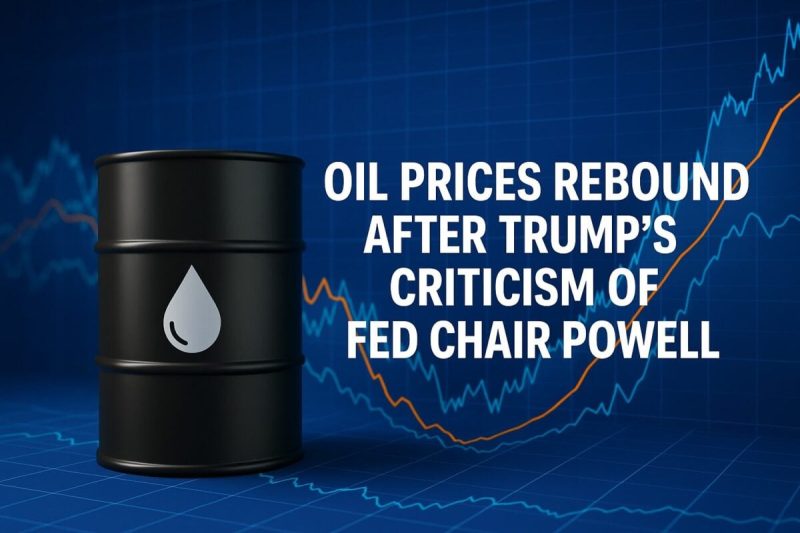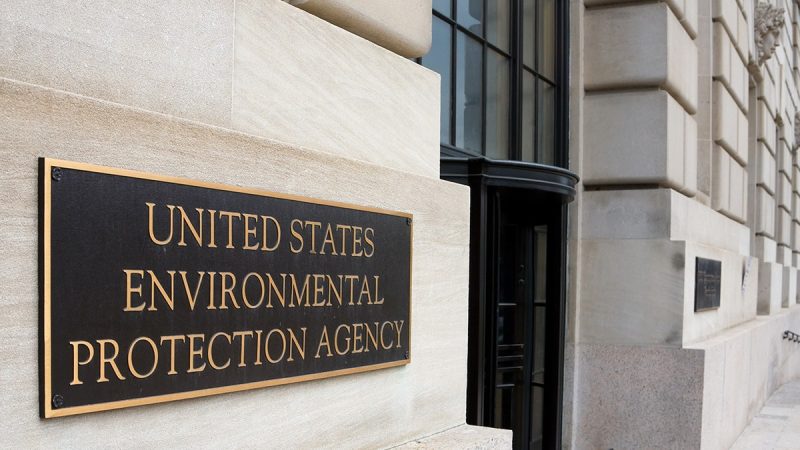
BEIJING (Reuters) – China approved a value-added tax law on Wednesday to take effect on Jan. 1, 2026, the official Xinhua said, bringing into one document previous regulations that have included exempting items from the tax.
VAT, the largest tax category in China, accounted for around 38% of national tax revenue in 2023, official data show.
The report did not detail provisions of the law. The latest draft included exemptions for some agricultural products, imported instruments and equipment for scientific research and teaching, some imported goods for the disabled and services provided by welfare institutions such as nursery, kindergarten and nursing institution for the elderly.
To aid specific sector or business, the government could include new items into the scope of tax deductibles.
“With the introduction of the VAT Law, 14 tax categories out of 18 in China have their own laws, covering the majority of tax revenue and marking significant progress of implementing the principle of statutory taxation,” Xinhua said.
The law was passed at the end of a session of China’s top legislature, the National People’s Congress Standing Committee, which began on Saturday.
Last month, China unveiled tax incentives on home and land transactions to support the crisis-hit property market. Residents are exempt from VAT when they sell their homes at least two years after purchase.
In September 2023, the finance ministry said it would extend a VAT refund policy aimed at encouraging domestic and foreign research institutions to purchase Chinese-made equipment until the end of 2027.
China in 2019 cut the VAT rate for manufacturers to 13% from 16%, and to 9% from 10% for the transportation and construction sectors.
With the slowing world’s second-largest economy, VAT revenue in the first 11 months this year dropped 4.7% from the same period last year to 6.1 trillion yuan ($840 billion), as businesses suffered weak domestic demand. For November, VAT revenue rose 1.36%.
“The rebound in VAT reflects improving economic vitality, as sales and business activity recover. It may also indicate a recovery in industrial profits, further supporting economic momentum,” Tommy Xie, head of Asia macro research at OCBC, said in a note on Monday.
($1 = 7.2986 Chinese yuan renminbi)




























